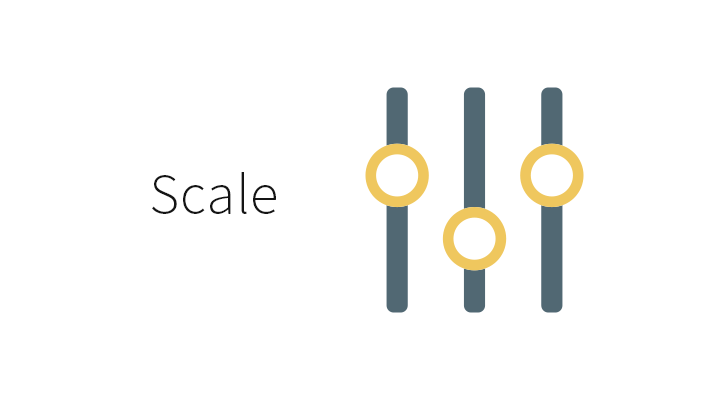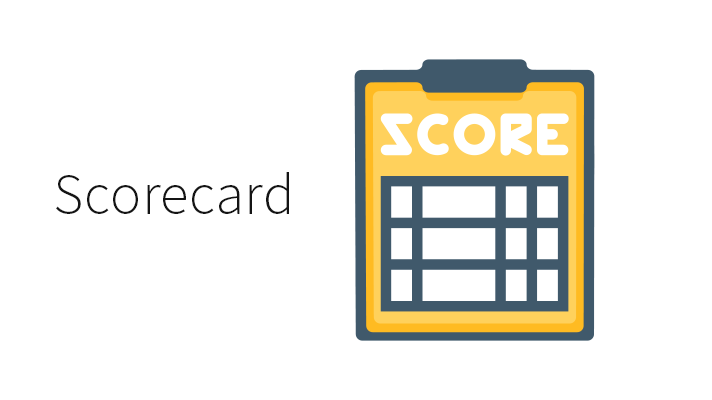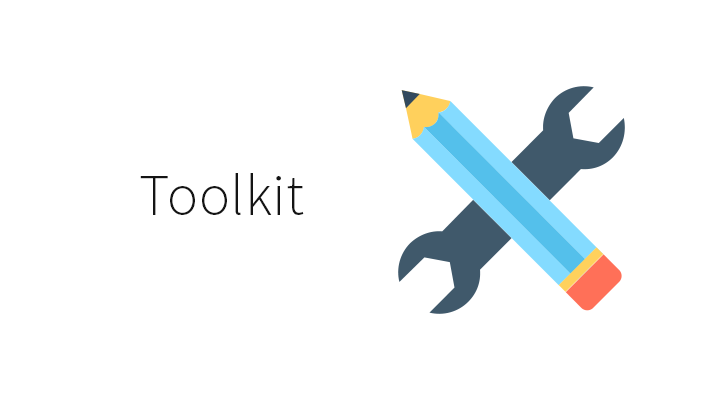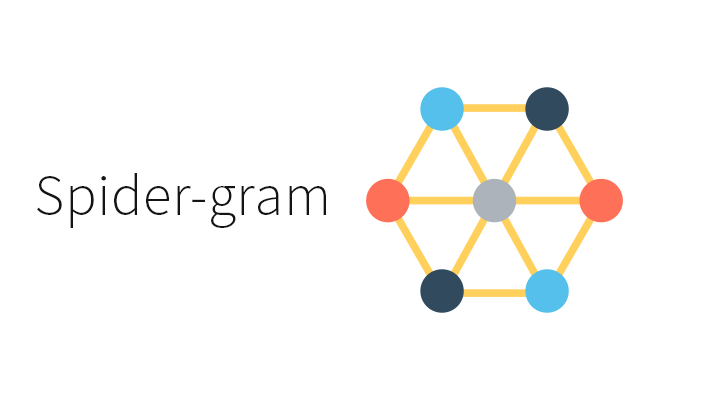Engagement Assessment Toolkit
patients and the public
The research team of the Patient and Public Engagement Evaluation Toolkit project proposes to various health system stakeholders a wide range of tools to assist them in the evaluation of patient and public engagement initiatives, both in health research and in health care.
The Evaluation Toolkit is a resource designed for practitioners of the health sector, produced after the completion of a rigorous systematic review of patient and public engagement evaluation tools.
Choose a category to start
We created
this toolbox because ...
In Canada, opportunities for patient and public engagement are multiplying locally, provincially and across the country both in research and health care. With increased commitments to patient and public engagement have come calls for evidence-based engagement practices informed by robust evaluation. Engagement initiatives can help stakeholders to better understand the key conditions for success needed for such initiatives to transform research practices and health outcomes. In this context, the Patient and Public Evaluation Toolkit Project aims to improve engagement evaluation capacity at all levels of the health system.
Developed by
Q&A
The research team, with the help of many patients and professional collaborators, organized information about the tools so users can easily navigate the complete list of tools and identify the characteristics most relevant for their work
In a few clicks, the browser is designed to help users find the most relevant tool(s) to support their evaluation process.
The Table view provides a complete overview of the 27 tools for users who would like to compare tools or get a full picture of the toolkit content.
The List view presents all tools in a list or can be filtered to navigate a smaller number of tools sorted by context of engagement, namely health research or health care. Users can also sort tools by level of measurement, at the organization, project or participant level.
A descriptive sheet was developed for each tool. When clicking on a tool of interest, the descriptive sheet gives users a broad overview of the tool to help them choose the tool(s) the most appropriate to their needs.
1) Icons help identify the type of tool. Below is the list of icons used to classify the tools:
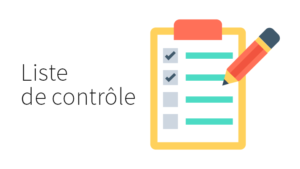
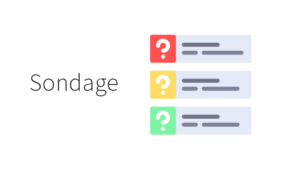



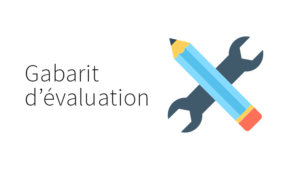

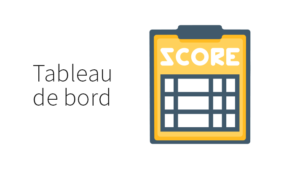
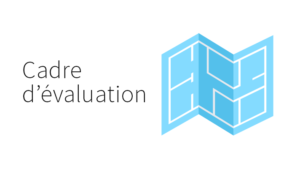
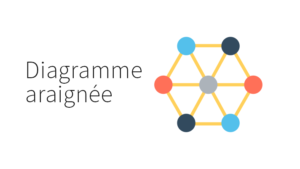
2) The name, full reference, and objectives of the tool are simply outlined.
3) The tool assessment highlights the strengths and the weaknesses of the tools. An assessment grid can be found at the end of each descriptive sheet.
Tools that are available and open access can be downloaded directly from the toolkit website.
Unfortunately, many tools included in the Toolkit refer to articles describing the development or use of an evaluation tool but do not necessarily provide a copy of the usable tool itself. A note to that effect can be found on the descriptive sheet of these tools with reference to contact original authors, if necessary.
Also, some tools are available in a usable format but need to be found within longer reports or as an appendix of an article. A note mentioning the page or the exact location of the tool can be found on the descriptive sheet of the related tool.
Unfortunately, many tools included in the Toolkit refer to articles describing the development or use of an evaluation tool but do not necessarily provide a copy of the usable tool itself. A note to that effect can be found on the descriptive sheet of these tools with reference to contact original authors, if necessary.
Also, some tools are available in a usable format but need to be found within longer reports or as an appendix of an article. A note mentioning the page or the exact location of the tool can be found on the descriptive sheet of the related tool.
Health Care
| Titre | Type | R | P | E | U |
|---|---|---|---|---|---|
| A Resource Toolkit for Engaging Patient and Families at the Planning Table | Scale | 1 | 2 | 2 | 5 |
| A Scorecard for Evaluating Engagement | Scorecard | 1 | 4 | 3 | 2 |
| Checklist for Attitudes for Patients and Families as Advisors | Checklist | 0 | 0 | 1 | 4 |
| Engaging Patients as Partners in Practice Improvement | Survey | 3 | 3 | 2 | 3 |
| Measuring Organisational Readiness for Patient Engagement (MORE) | Scale | 2 | 2 | 1 | 1 |
| Organisational Self-Assessment and Planning (OSAP) Tool | Questionnaire | 3 | 3 | 5 | 4 |
| Patients as Partners in Research Surveys | Survey | 2 | 4 | 5 | 4 |
| PEI Engagement Toolkit | Toolkit | 2 | 3 | 4 | 4 |
| Public and Patient Engagement Evaluation Tool (PPEET) | Questionnaire | 4 | 4 | 5 | 4 |
| Rifkin spider-gram | Spider-gram | 2 | 1 | 3 | 2 |
| Scoresheet for the Tangible Effects of Patient Participation (STEPP) | Scorecard | 4 | 4 | 1 | 3 |
| Scottish Health Council Participation Evaluation Toolkit | Toolkit | 1 | 4 | 4 | 5 |
| The Involvement Portfolio | Portfolio | 1 | 3 | 3 | 4 |
| Well Connected – a self-assessment tool on community involvement | Spider-gram | 4 | 3 | 3 | 2 |
Health Research
Co-principal investigators
Antoine Boivin, MD PhD
Canada Research Chair on Patient and Public Partnership, CRCHUM
Co-director, CEPPP
Julia Abelson, PhD
Centre for Health Economics and Policy Analysis (CHEPA)
McMaster University
Research associate
Audrey L’Espérance, PhD
CEPPP
François-Pierre Gauvin, PhD
CEPPP
Research team members
Pascale Lehoux (Université de Montréal), Vincent Dumez (Université de Montréal), Ann C. Macaulay (McGill University)
Acknowledgment
This project was made possible by the financial support of the following regional Support for People and Patient-Oriented Research and Trials (SUPPORT) Units within the Strategy for Patient-Oriented Research (SPOR) of the Canadian Institutes of Health Research (CIHR) and partners: British Columbia, Alberta, Saskatchewan, Manitoba, Ontario, Québec, Maritime, and Newfoundland and Labrador. Thanks to Sujane Kandasamy, Benjamin Mathiot, Laura Tripp, and Archie Zhang for their assistance during the systematic review process and the toolkit development. Web design and conception of the online platform was done by Frédéric Tousignant.
Partners













